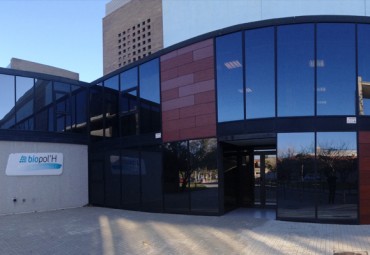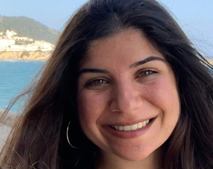From Cognition and Brain Plasticity Unit, Learning from Reward
will present the talk titled
The neural correlates of social reward in Borderline Personality Disorder
Abstract
Borderline Personality Disorder (BPD) is a serious mental illness characterized by difficulties with emotion regulation, dysfunction in social interactions, and recurrent self-harm and suicidal behaviors. High rates of self-harm suggest that this disorder involves an impulsive pursuit of gratification (e.g., immediate relief from emotional pain) at a cost to other goals. Prior neuroimaging studies have used well-established paradigms based on monetary rewards to identify the neurophysiological basis of impulsivity in this disorder. However, BPD patients are especially sensitive to social stimuli (i.e., hypersensitivity to social disapproval), therefore it may be more valuable to use social rather than monetary rewards to characterize reward system dysfunction in this disorder. To address this gap in the literature, the current research aims to develop a novel paradigm to identify the neurophysiological correlates of social reward and punishment in 30 healthy controls (HC) and 30 BPD patients recruited from the Department of Psychiatry at Igualada General Hospital (Barcelona, Spain). Specifically, we will adapt a well-validated reward paradigm, the Monetary Incentive Delay (MID) task, incorporating novel and ecologically valid forms of social reward based on social media (e.g., “Likes” and comments from Instagram). Electroencephalography (EEG) experiments will be conducted both for HC and BPD groups using the novel task, and relevant event-related potentials (ERPs) such as the Feedback-Related Negativity (FRN) component and time-frequency responses in the theta and beta-gramma band will be analyzed for both groups. This project may help identify alterations in social reward processing in BPD (e.g., a negative bias in decoding social rewards), which may help design better targeted interventions to make these patients aware of their affective biases and to promote more favorable interpretations of social feedback. This may help make social interactions less painful for young adults suffering from BPD, which may in turn reduce a potential trigger for self-injury.
Location: Online (Microsoft Teams). Click here to join the meeting
Or in person attendance: Modular Building, room 1.5
 |

